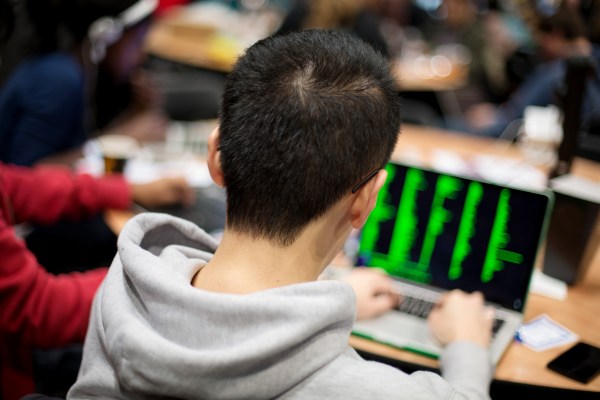The annual, European Commission supported EU Code Week kicks off tomorrow, running for two weeks through to October 22.
As per last year there are thousands of free introductory coding events being run by various organizations in different European countries (and a smattering beyond).
Local events can be found via the EU Code Week website’s events page by selecting your location and browsing what’s on offer.
Across EU Code Week last year, the number of events and attendees stepped up to 23k and nearly 1M respectively, growing from 3k events and 10k attendees in 2013, the first year it was held.
Italy is offering by far the most events of any of the participating countries this year, with 2,659 events currently listed (vs a rather more modest 187 taking place in the U.K.).
Poland is second, with 497 events listed; followed by Turkey (244), France (228) and Germany (225).
Kids are one of the key targets for the learn to code initiative, which was launched with the core aim of motivating young people to get involved in programming, although many events are also open for people of all ages.
Events cover a range of different programming and technology themes, including app development, robotics, AI, game design and more.
This year Apple is joining the initiative by running hundreds of free coding sessions at its retail stores across Europe during EU Code Week. It’s offering introductory sessions to its Swift programming language, plus robotics themed sessions that look mostly aimed at kids, including using Star Wars droids or Sphero robots.
Apple says it’s intending to offer more than 6,000 coding sessions across Europe in the next year, in more than 100 of its retail stores in ten countries, as part of its existing Today at Apple in-store educational programs.
Google is also involved in funding (or helping to fund) some of the EU Code Week events which are being held in locations such as schools.
The company’s philanthropic arm has previously donated money to fund gifting Raspberry Pi microcomputers to UK schoolkids.
